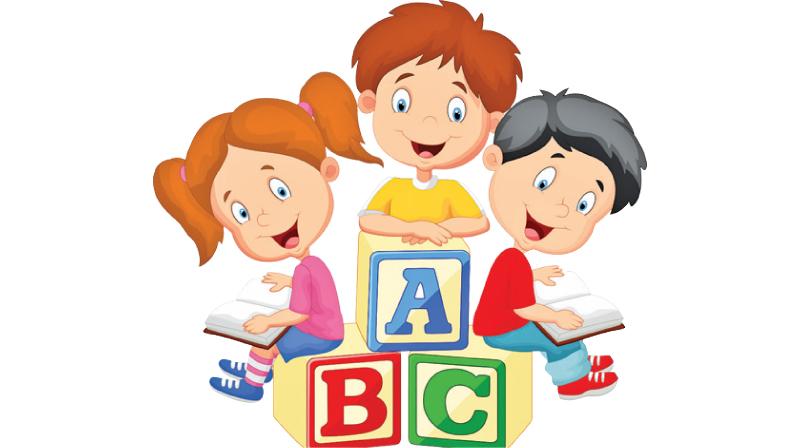
This is a guide to help learners to communicate easily in both speech and writing through a better understanding of the English language.
Hiccup / hiccough
A hiccup is a sudden repeated stopping of the breath, usually caused by eating or drinking too fast. It also means a small problem or delay.
There was a hiccup in the negotiations.
‘Hiccough’ has the same meaning but ‘hiccup’ is the preferred term.
High / highly
Both are adverbs. ‘High’ is used when reference is made to altitude, amount or status.
The planes were flying high.
You should aim high in your chosen profession.
‘Highly’ means ‘to a high degree or with high appreciation.’
Ben was speaking highly of the new director.
Fiona was doing a highly paid job.
Compounds with ‘high’ take a hyphen, but those with ‘highly’ do not.
Rex has bought a high-powered boat.
There is a demand for high-priced apartments.
Historic / historical
A historic place or building is very old.
The Government is restoring historic buildings.
A historic event is very important and will be recorded as part of history.
A historic meeting of the world leaders will take place in New York.
‘Historic present’ is used to describe events in the past to make them seem more real.
‘Historical’ means ‘relating to the past’
It is important to look at the novel in its historical context.
Hoard / horde
‘Hoard’ means ‘to collect and save large amounts of food or money, especially when it is not necessary to do so.’
People hoard food during a war.
‘Horde’ is a large crowd moving in a noisy uncontrolled way.
There were hordes of protesters at the Galle Face Green.
Homonym / homophone
A homonym is a word which has the same spelling and usually the same pronunciation as another but a different meaning.
The noun ‘bear’ and the verb ‘bear’ are homonyms.
A homophone is a word which has the same pronunciation as another, but a different spelling and meaning.
The noun ‘heir’ and ‘air’ are homophones.
Hon.
‘Hon.’ is an abbreviation for both ‘honourable’ and ‘honorary.’
Hon. George Borwick attended the royal ceremony.
The letter has been signed by the Hon. Treasurer of the Pensioners’ Association.
Hopefully
‘Hopefully’ is way of saying what you hope will happen which some people think is incorrect. However, ‘hopefully’ has made its way into the dictionary.
Hopefully, the Government will hold the election.
In a way, ‘hopefully’ shows that you are hopeful.
“Will there be any good for me?” he asked hopefully.
Hotchpotch / hodgepodge
Both words mean a lot of things mixed up together in no order. According to most dictionaries, the first is now the preferred spelling.
However / how ever
When ‘however’ is used as a conjunction meaning ‘nevertheless’ or ‘yet’ it is separated by a comma or commas from the rest of the sentence which it modifies.
However, he decided to file a case against his brother.
He decided, however, to go home at once.
As an interrogative adverb in direct and indirect questions it is written as two words and is used for emphasis.
How ever did you succeed in getting a job in a Government Department?
Mala wondered how she had ever completed the assignment.
Human / humane
‘Human’ is an adjective meaning ‘belonging to or relating to people, especially as opposed to machines or animals.’
The desire for happiness lies deep within the human spirit.
‘Human’ means ‘relating to weaknesses or emotions.”
We are subject to human failings.
‘Humane’ is an adjective meaning ‘treating animals or people in a way that is not cruel.’
There is a campaign for the humane treatment or prisoners.
If / whether
‘If’ used in place of ‘whether’ can be ambiguous
Let me know if you would like to have a drink.
Does this mean that you should be contacted only if a drink is desired?
‘Let me know whether you would like to have a drink’ is clear and it does not leave any room for doubt.
